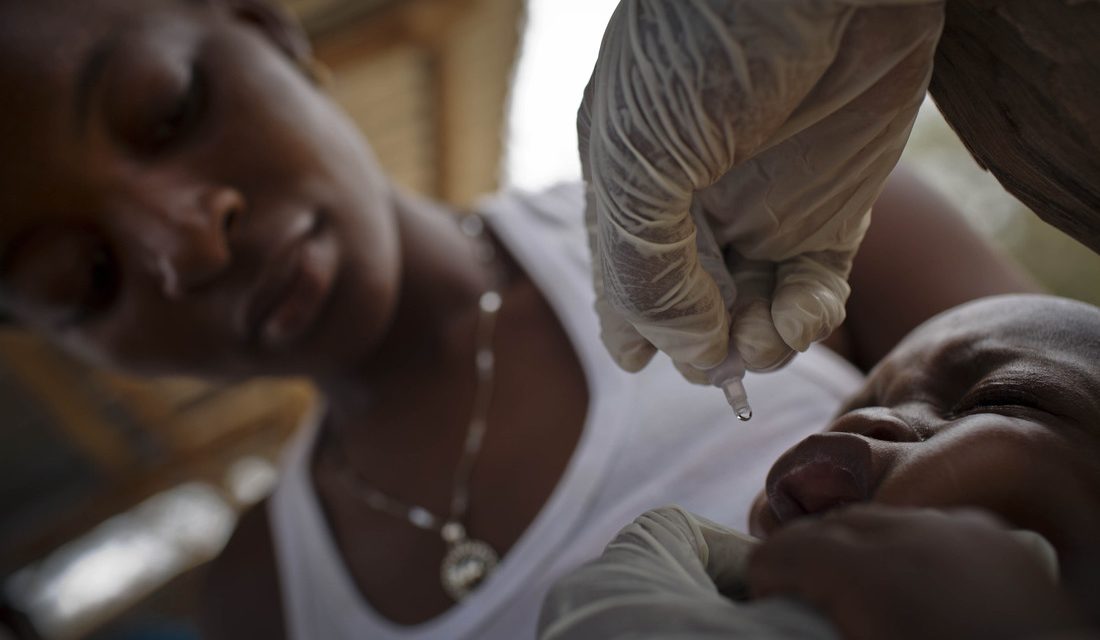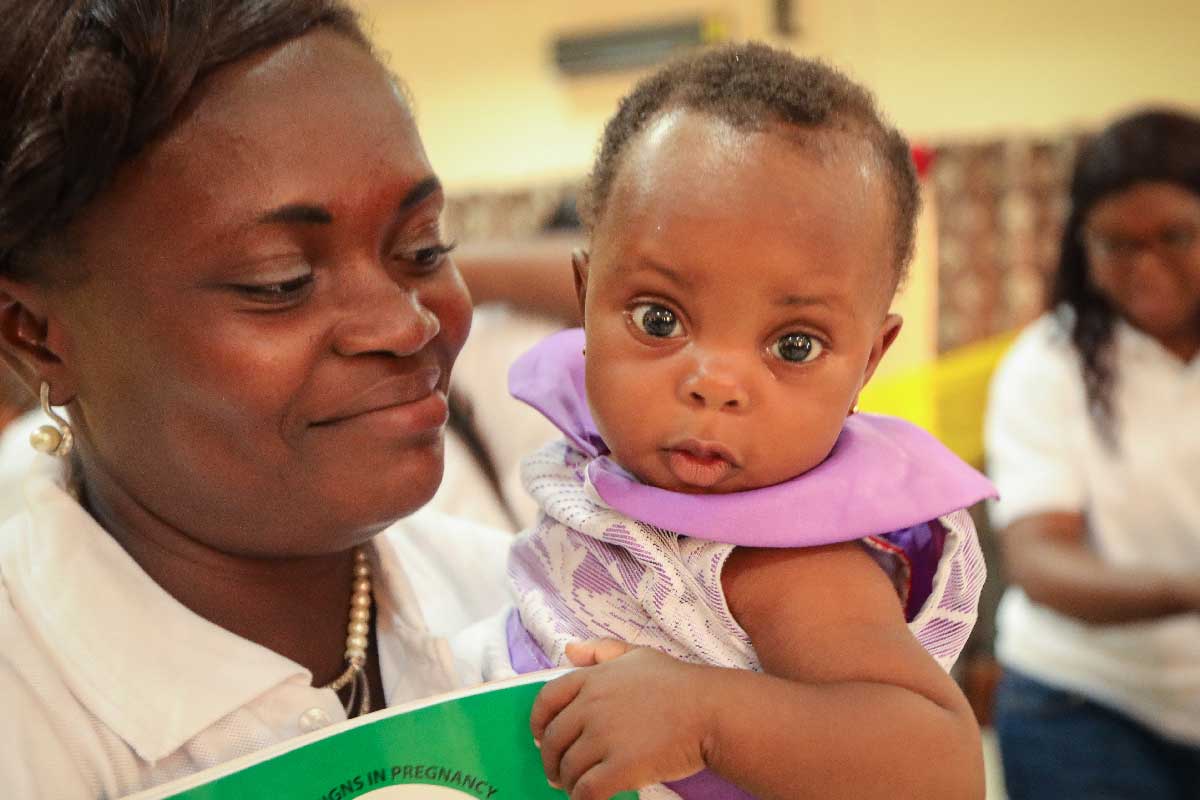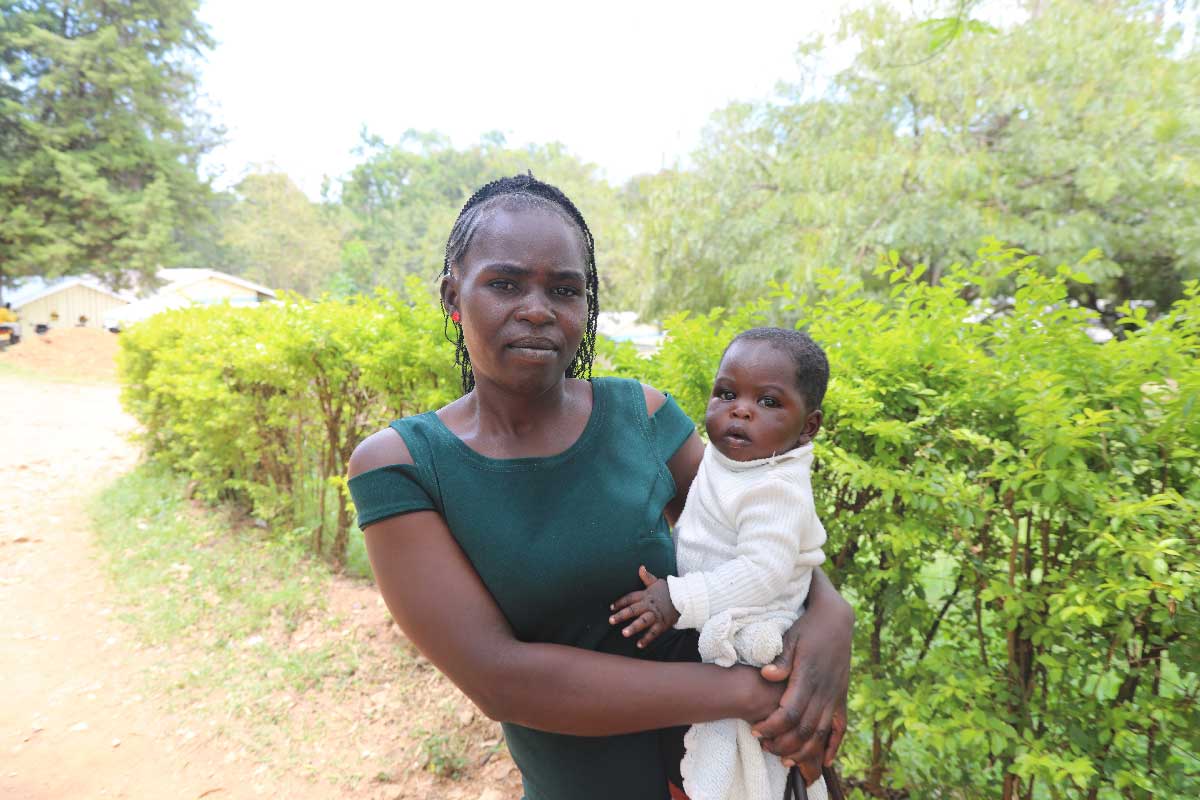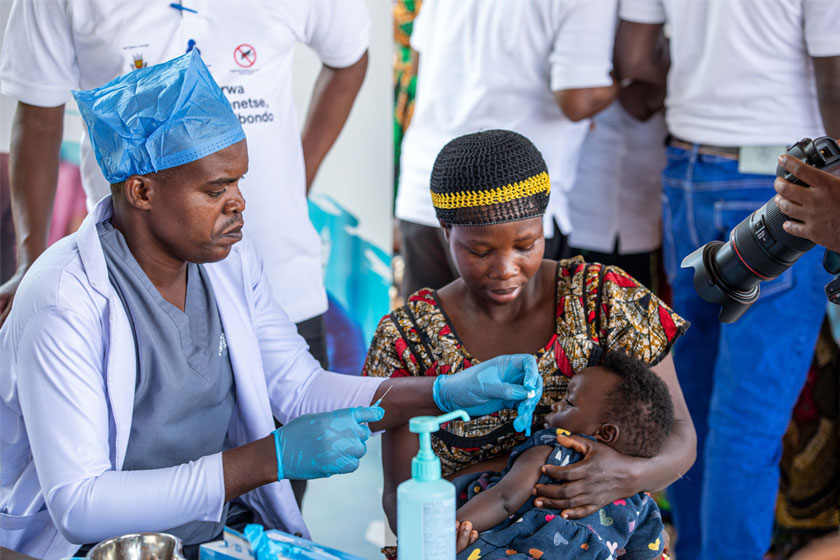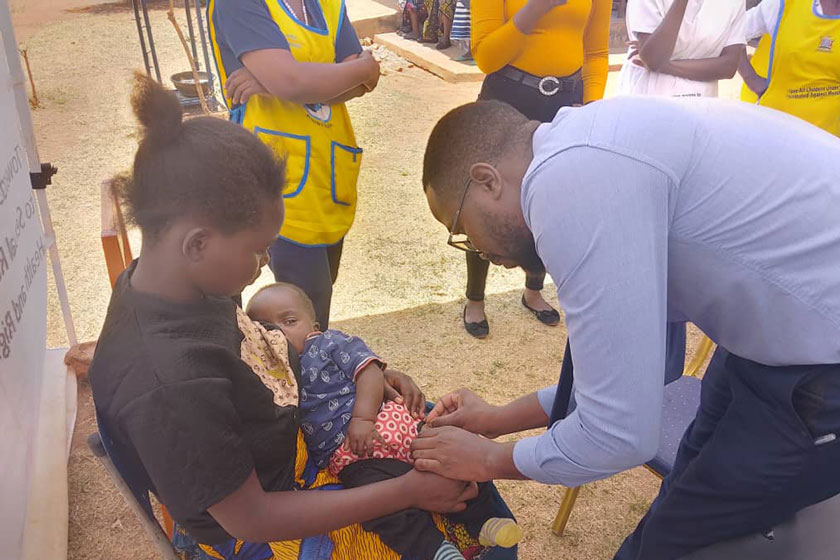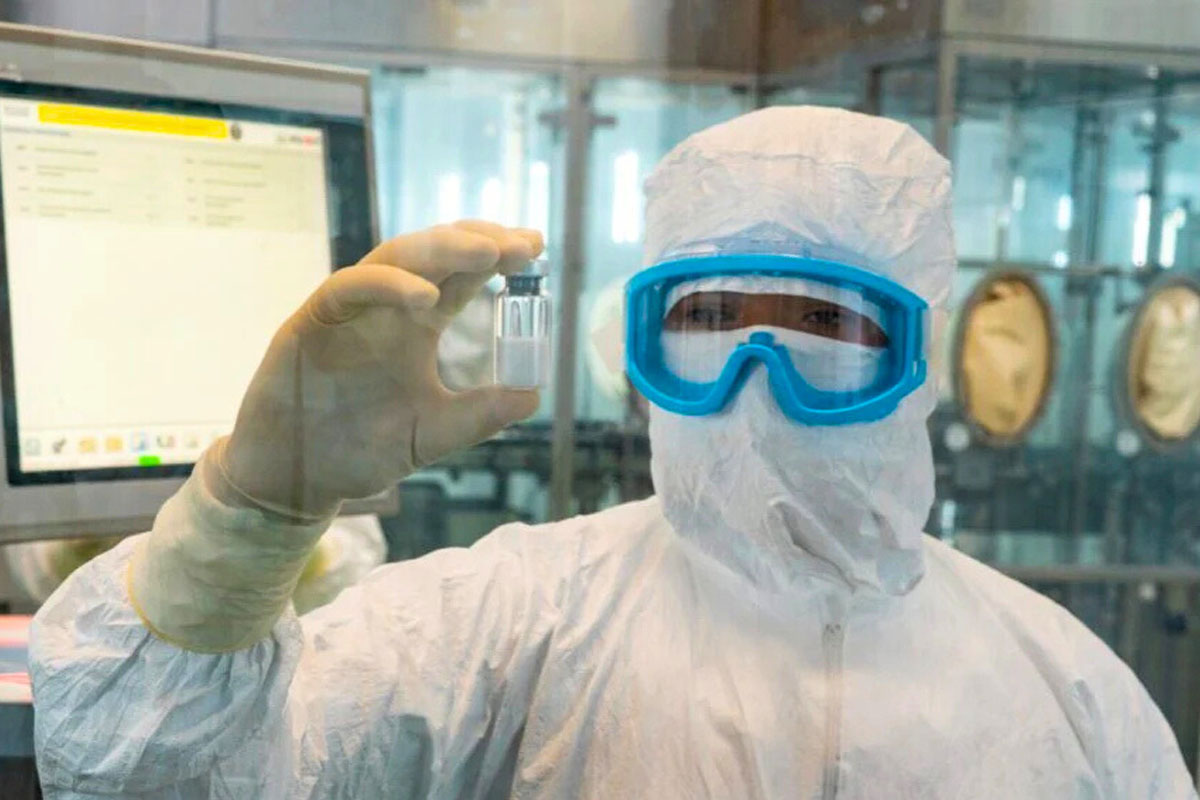Emily Loud, Gavi
Today marks World Polio Day, when individuals and organisations around the world celebrate the immense progress that’s been made against this disease, and consider the work remaining to make sure no child ever suffers from polio again.
Here, we look back at three portraits from three different countries, sharing the voices of those who are still working to eradicate polio through advocacy, policy and frontline vaccination.
Marie & Evariste, polio survivors and advocates, DRC
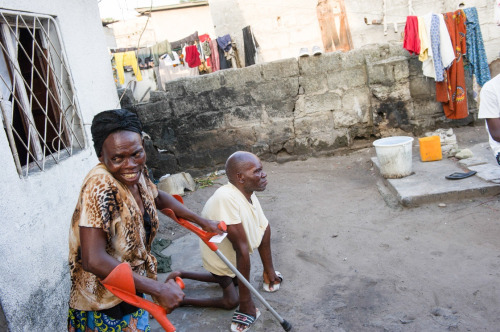
Photo: Gavi/Phil Moore.
Both Evariste and Marie-Josée contracted polio as young children: Evariste when he was only three years-old, his wife at the age of 8. He needs a bicycle chair to move around while Marie-Josée needs crutches to walk.
“People said my uncle had cast a spell,” says Marie, “they said it was witchcraft. They said he’d done it so I wouldn’t marry. It was a terrible time.”
Now they use their experiences to help keep polio out of their country. “We try to explain the importance of vaccination and the problems polio can cause. And we are pretty much living witnesses. We testify to raise awareness of the masses”, says Evariste. “If a vaccine had existed when we were young we would not have been like this.”
Malalai, health worker, Afghanistan
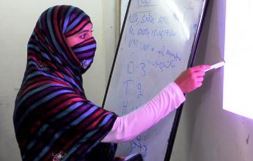
Photo: WHO.
“My job is often not easy but what keeps me going is the goal of ensuring that children are saved from paralysis through vaccination. Every child deserves to be healthy,” Malalai says.
“During one campaign I talked to a family who refused to vaccinate their children. I took the issue to our polio team evening review meeting, and the next day I went with the campaign coordinator and doctors to visit the family again. We talked with them for hours, explaining the benefits of vaccination and the dangers of not immunising children, and eventually they agreed to vaccinate,” Malalai says.
“If the man in the family refuses to vaccinate their children, I try to contact the mother to convince her,” Malalai says. “Sometimes I face problems but I try my best to overcome them through different ways. I am happy that I can work as part of the effort to stop polio and help Afghan children have a better future.”
Senator Ayesha Raza Farooq, Prime Minister’s Focal Point on polio eradication, Pakistan
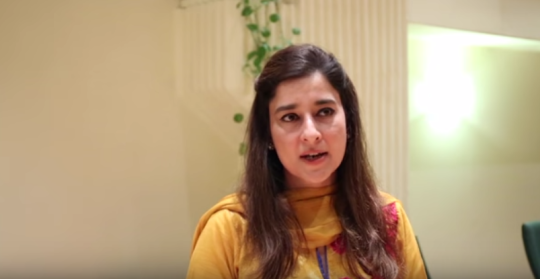
Photo: Gavi/ Isaac Griberg.
“The last demographic health survey in the country showed that there was a lot of disparity in vaccination coverage between provinces, with Punjab doing much better than other provinces like Balochistan. Data that we collect over time with our door-to-door polio immunisation campaigns, and environmental samples also show that polio is generally rampant among families or children that have had zero doses of routine immunisation.
While we continue to work towards eradicating polio and interrupting transmission, to sustain such an effort it is imperative that we improve routine immunisation coverage in the country.”
